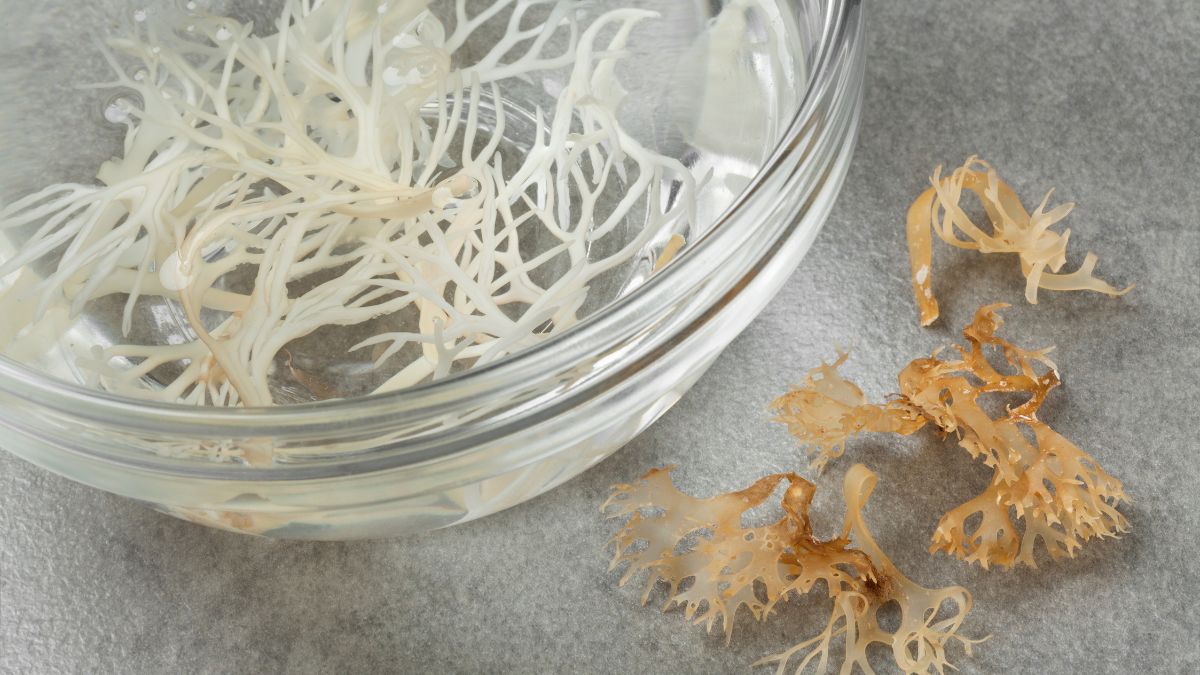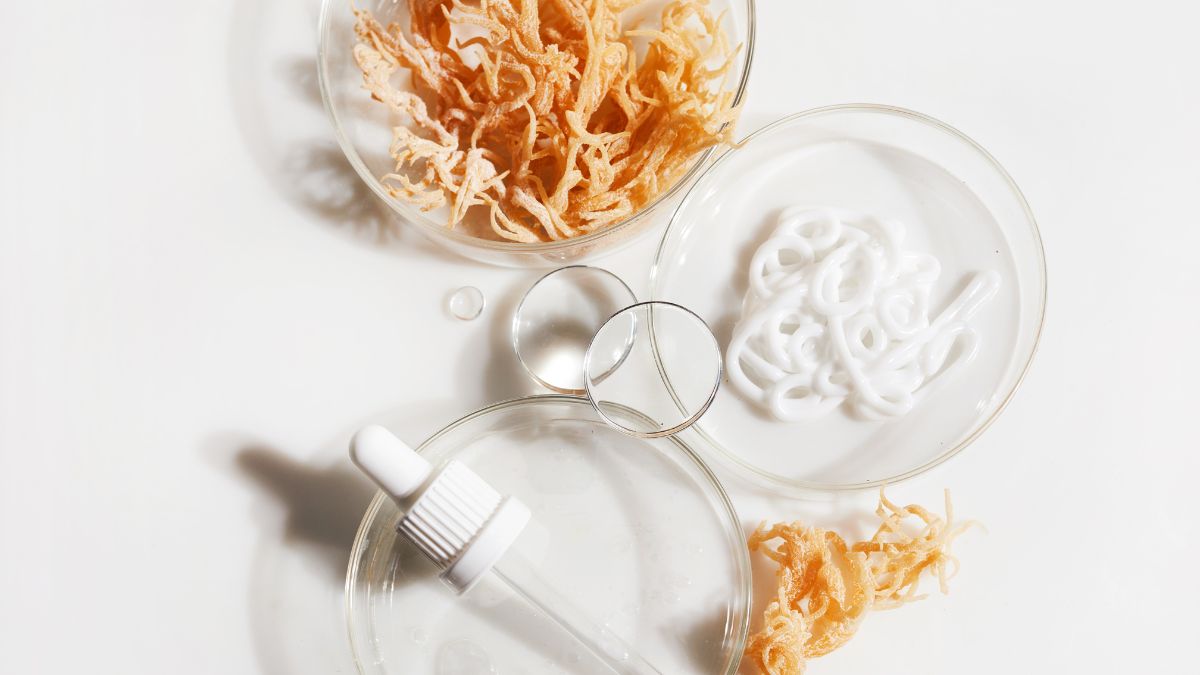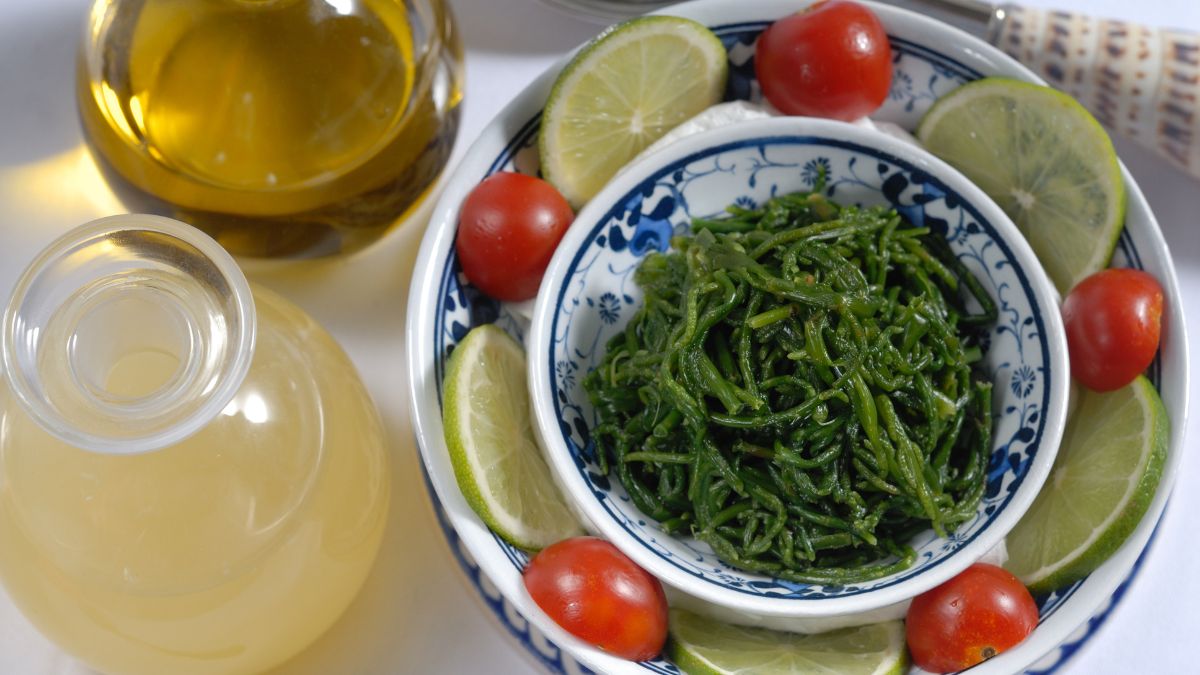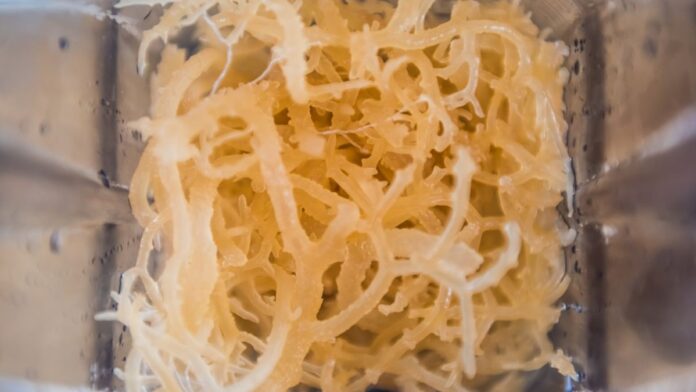Is sea moss safe during pregnancy? Discover the safety of sea moss during pregnancy and learn who should avoid it. Uncover essential insights to make informed decisions for a healthy pregnancy. Get expert advice on the potential risks and benefits of consuming sea moss during this crucial stage with mucusplug.net!
Is sea moss safe during pregnancy?

While sea moss (also known as Irish moss or red seaweed) is generally considered safe for consumption and is even promoted for its potential health benefits, it’s crucial to exercise caution during pregnancy. Sea moss contains various nutrients, including iodine, iron, and vitamins, which can be beneficial. However, there are also concerns about potential contamination with heavy metals and bacteria, as well as the possibility of overdosing on certain nutrients.
Pregnant individuals should consult their healthcare provider before incorporating sea moss into their diet. The iodine content in sea moss is of particular concern, as excessive iodine intake during pregnancy can have adverse effects on fetal development. Additionally, the risk of contamination and the absence of standardized safety guidelines make it essential to seek professional advice.
It’s essential to prioritize a well-balanced diet during pregnancy and obtain necessary nutrients from a variety of sources. If you are considering sea moss supplementation, discuss it with your healthcare provider to ensure the safety of both you and your baby.
>Related post: Should you shower every day while pregnant?
Who should avoid taking sea moss?

Certain individuals should exercise caution or avoid taking sea moss due to specific health concerns. If you have Inflammatory Bowel Disease (IBD), healthcare providers may advise against consuming sea moss, as it contains carrageenan, a substance that could potentially exacerbate symptoms or negatively interact with the condition.
Additionally, individuals with thyroid conditions should be cautious, as sea moss is rich in iodine. The elevated iodine levels in sea moss might increase the risk of hypothyroidism. Furthermore, there have been reports of thyrotoxicosis in individuals with hyperthyroidism (an overactive thyroid) after consuming sea moss. This suggests that those with thyroid issues should consult with their healthcare professionals before incorporating sea moss into their diet to ensure it aligns with their specific health needs.
Can I take sea moss instead of prenatal vitamins?

Certainly! It is essential to understand that incorporating sea moss into your prenatal health routine should be viewed as a supplementary measure rather than a complete substitute for prenatal vitamins.
Although sea moss and prenatal vitamins share certain vitamins and minerals, their compositions differ, and relying solely on sea moss may not provide all the specific nutrients required during pregnancy. It is crucial to emphasize that taking both sea moss and prenatal vitamins simultaneously is generally considered safe, given that you adhere to the recommended daily serving sizes for each product.
This approach ensures a balanced intake of essential nutrients without the risk of exceeding recommended levels, promoting a comprehensive and well-rounded prenatal care regimen. Always consult with your healthcare provider to tailor your supplement intake to your individual needs during pregnancy.
>Related post: How does hot water bath affect pregnancy?
What is the supplement pregnancy should not use?

During pregnancy, it is crucial to be cautious about the supplements you consume, particularly avoiding cod liver oil and any supplements that contain high levels of vitamin A, specifically retinol. Vitamin A plays a vital role in various bodily functions, but excessive intake during pregnancy can potentially harm the developing fetus.
Cod liver oil, in particular, is a source rich in vitamin A, and its consumption should be strictly avoided to prevent any adverse effects on your baby’s health. It’s important to carefully scrutinize the labels of all supplements you consider taking to ensure they do not contain high levels of vitamin A.
This precautionary measure is essential in safeguarding the well-being of both the expectant mother and the unborn child. Always consult with your healthcare provider before incorporating any new supplements into your routine during pregnancy to ensure a safe and healthy gestational period.
>Related post: Is it OK to take a bath at night while pregnant?
Is sea moss safe during pregnancy? In conclusion, understanding whether sea moss is safe during pregnancy is vital for expectant mothers. While some may benefit, caution is advised. Consultation with healthcare professionals is recommended to ensure a safe and healthy pregnancy journey.

